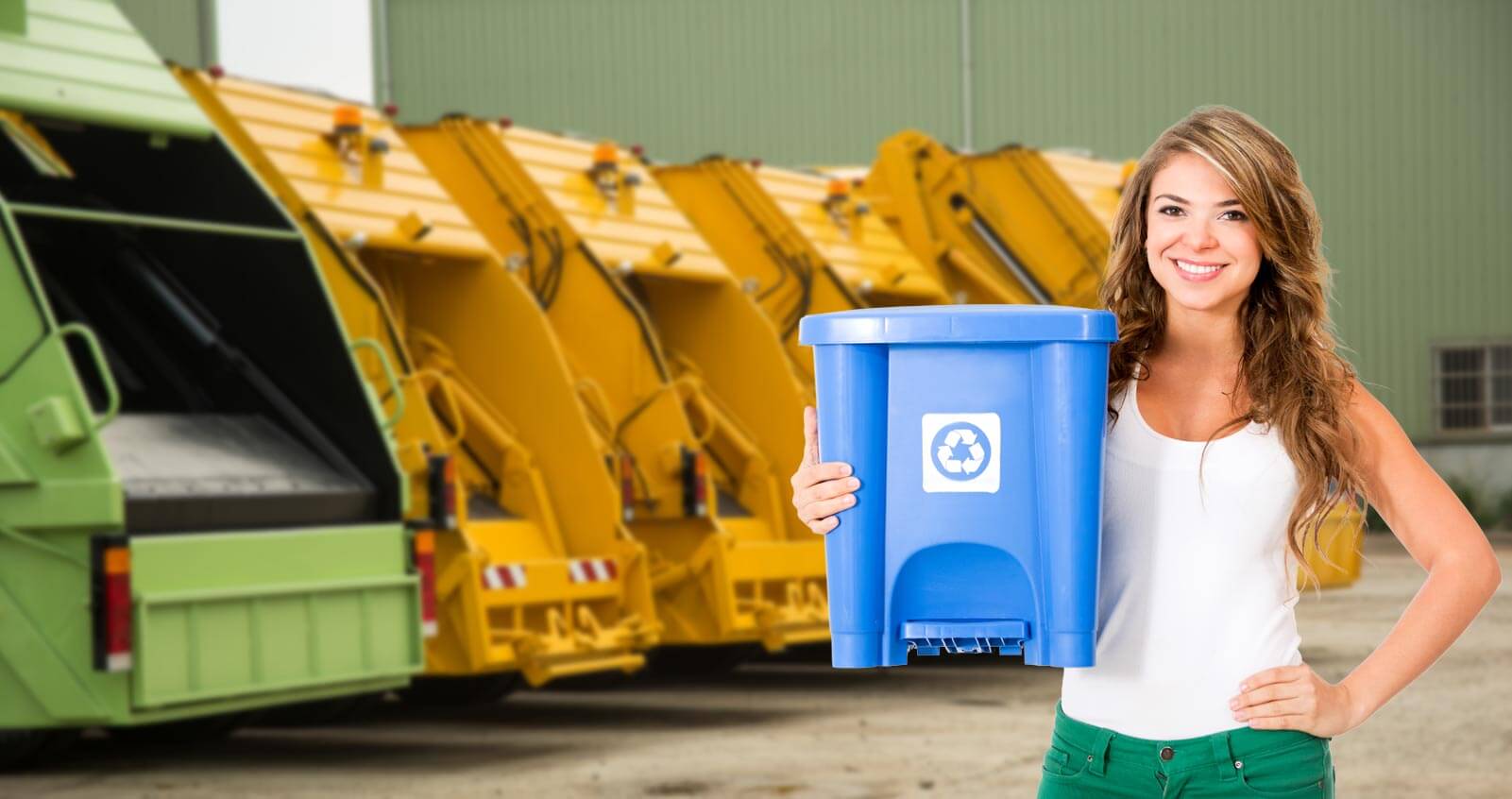Trash to Treasure: Unlocking the Potential of Rubbish in London's Housing Market
Posted on 29/04/2024

London's housing market is known for its high prices, limited space, and competitive nature. With a growing population and a constant need for more housing options, the city is facing a major challenge in providing affordable and sustainable homes. However, there may be a solution that is often overlooked - rubbish.
Yes, you read that right - rubbish. The waste that ends up in landfills can actually hold immense potential for London's housing market. By turning trash into treasure, the city can not only address its housing crisis but also create a more environmentally friendly and sustainable living environment. In this article, we will explore the concept of trash to treasure and how it can be applied to London's housing market.
The Problem with Waste Disposal in London
London produces a significant amount of waste every day, with most of it ending up in landfills. In fact, according to the Department for Environment, Food & Rural Affairs (Defra), the capital generates over 6 million tonnes of waste each year. This not only takes up valuable space but also poses environmental hazards such as air pollution and greenhouse gas emissions.
On top of that, the cost of waste disposal is increasing every year, putting a strain on local authorities' budgets. This has led to higher council taxes for residents and businesses, making it even more challenging for individuals to afford suitable housing options.
Unlocking the Potential of Rubbish
Instead of viewing waste as a burden on society, we should start seeing it as an opportunity. By harnessing the untapped potential of rubbish, we can make a positive impact on both the housing market and the environment.
One approach is to repurpose existing buildings or structures by incorporating recycled materials into their construction or renovation. For example, old shipping containers can be repurposed into stylish and affordable homes. These "upcycled" homes not only provide an affordable housing option but also reduce waste levels and promote sustainability.
Another method is to use waste materials in the construction of new buildings. This not only reduces the amount of waste going into landfills but also saves on the cost of purchasing new building materials. Recycled plastic, for instance, can be used to create insulation for buildings, reducing energy consumption and promoting a greener lifestyle.
Pros and Cons of Trash to Treasure in London's Housing Market
Pros:
- Affordable Housing: Using recycled materials and repurposing existing structures can provide more affordable housing options for Londoners.
- Environmental Benefits: By reducing waste levels and promoting sustainability, trash to treasure projects can help create a greener and healthier living environment.
- Cost Savings: Incorporating recycled materials into construction can save money on building materials and waste disposal costs.
- Increased Creativity: The concept of trash to treasure encourages out-of-the-box thinking and creativity in design, leading to unique and innovative housing solutions.
Cons:
- Limited Resources: Not all types of waste are suitable for recycling or repurposing, limiting the potential for this approach.
- Time-consuming and Labor-intensive: Sorting through waste and repurposing or recycling materials can be a time-consuming process that requires significant labor.
- Challenges with Regulations: Some local authorities may have strict regulations or limitations on using recycled materials in construction.
Tips for Implementing Trash to Treasure in London's Housing Market
1. Educate the Public: Raising awareness about the benefits of trash to treasure in the housing market can encourage individuals and businesses to take action.
2. Collaborate with Local Authorities: Partnering with local authorities can provide access to waste streams and potential funding opportunities for implementing trash to treasure projects.
3. Consider Long-term Sustainability: When designing and constructing using recycled materials, it is essential to consider long-term sustainability such as durability, energy efficiency, and environmental impact.
4. Involve the Community: Involving local communities in repurposing or renovating existing structures can create a sense of pride and ownership in the project.
Takeaways
- Trash to treasure is a sustainable and cost-effective approach to addressing London's housing crisis.
- Repurposing existing structures and using recycled materials can provide affordable housing options for residents.
- Collaboration with local authorities and community involvement is crucial for the success of these projects.
Conclusion
In conclusion, trash to treasure has the potential to unlock valuable resources in London's housing market while promoting sustainability and affordability. By shifting our perspective on waste, we can create a win-win situation for both the housing market and the environment. With proper planning, collaboration, and community involvement, this approach can pave the way for a more sustainable future in London. Let's turn rubbish into treasure and build a better tomorrow.





